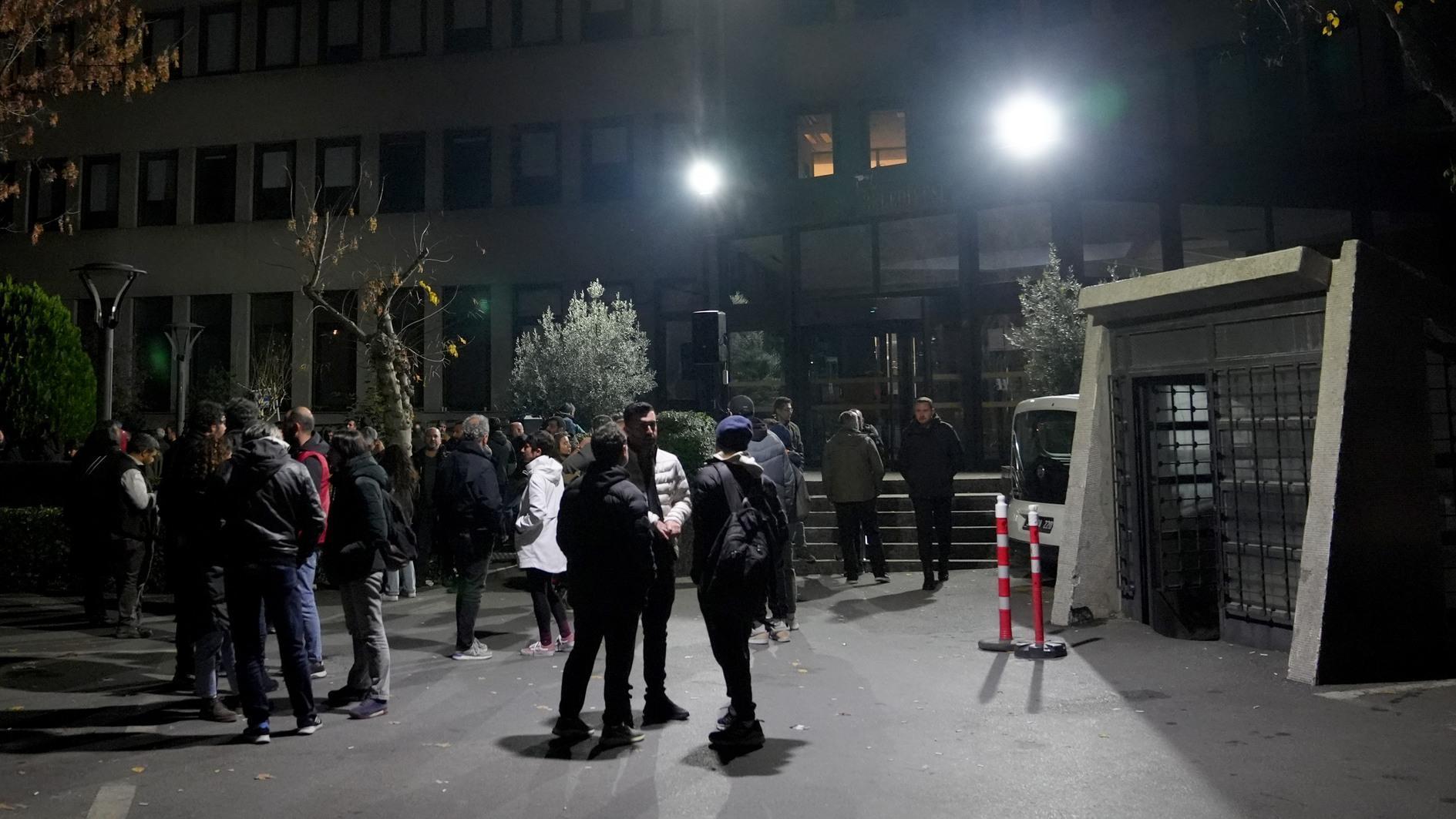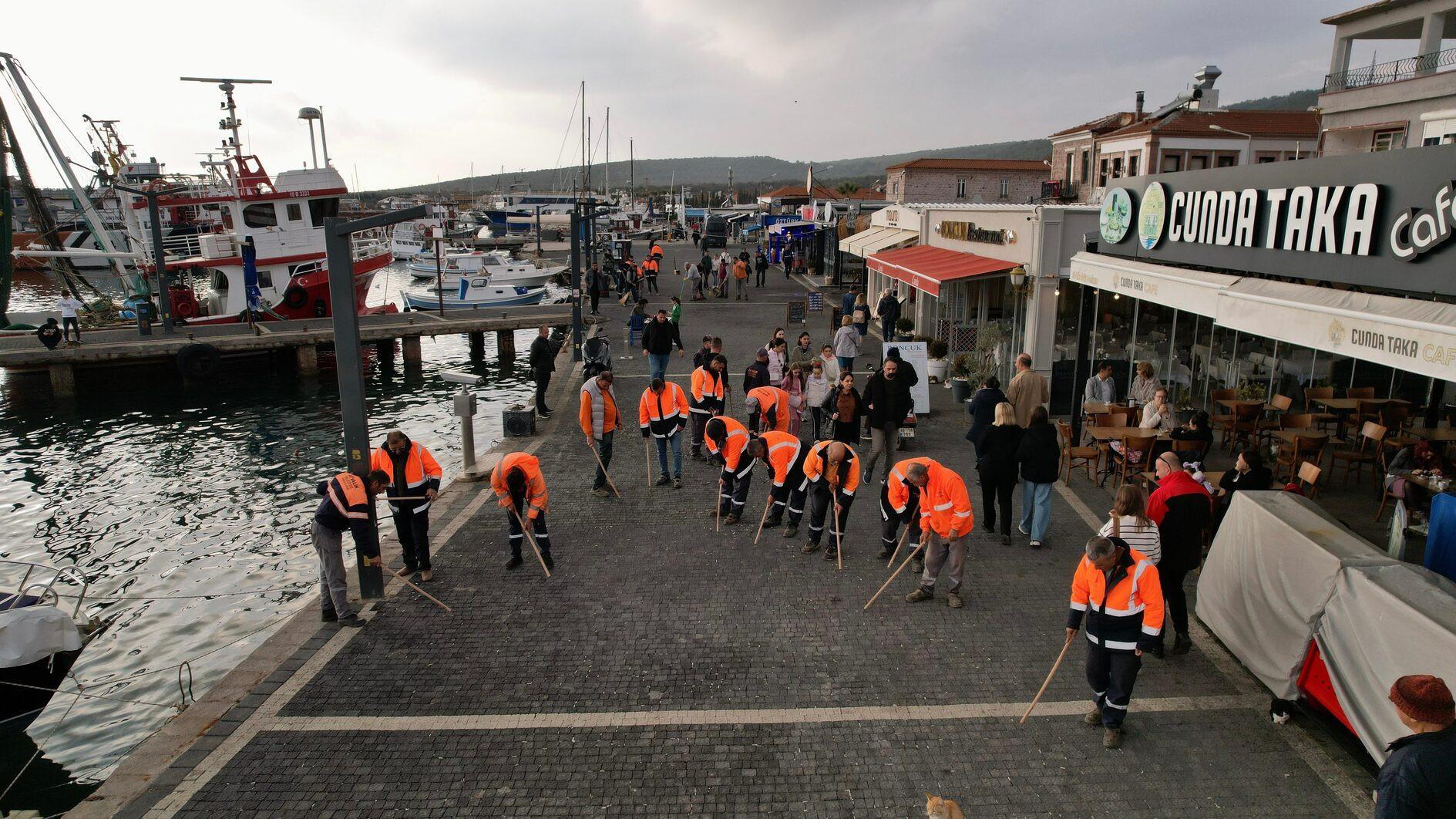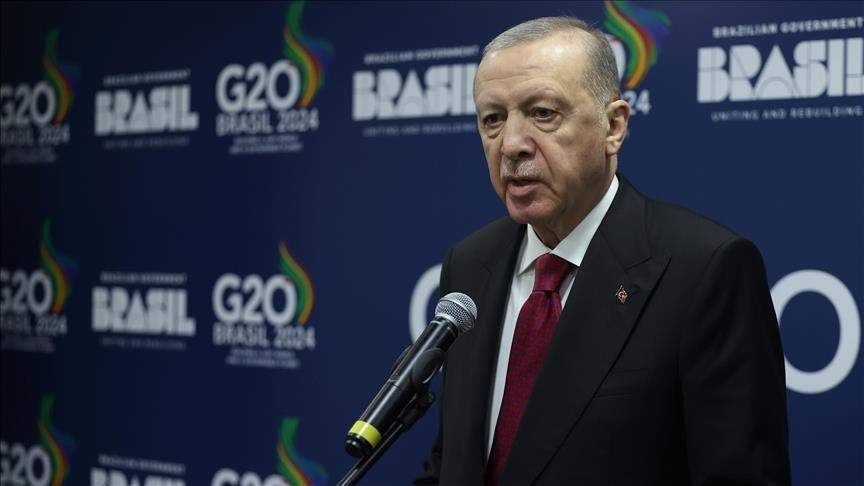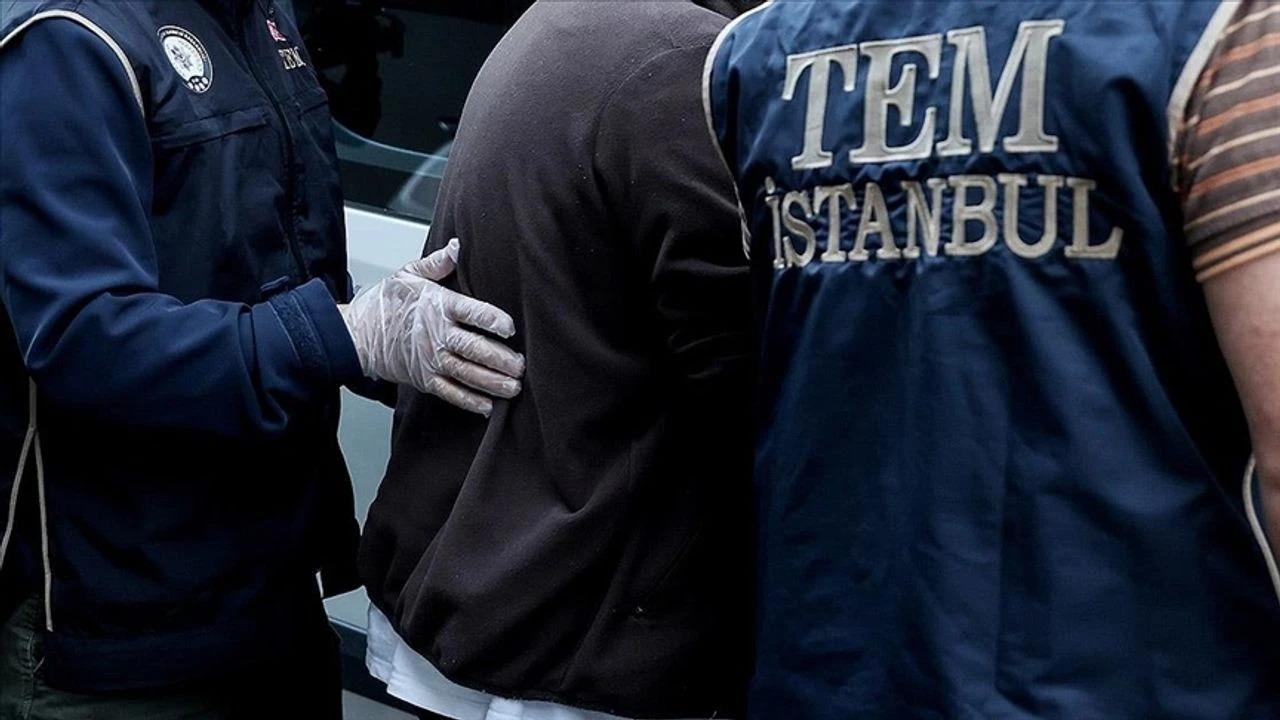Tibetan monk self-immolates in China: Xinhua
BEIJING - Agence France-Presse
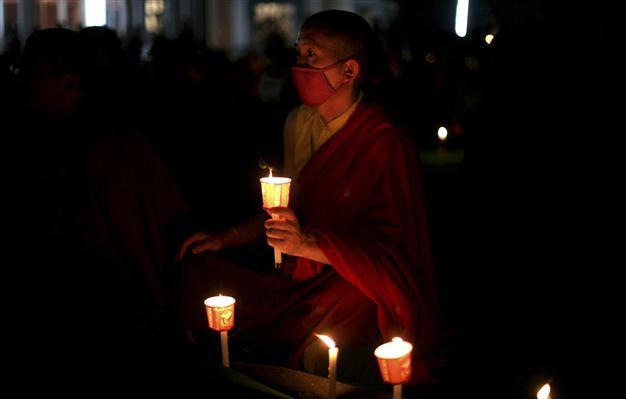
A Tibetan Buddhist monk holds a candle during a candlelit vigil for Tibetans who self-immolated in Tibet, in Bodh Gaya, Bihar state, India, Sunday, Jan. 8, 2012 . AP photo
A Tibetan monk died after self-immolating in China, state media said Monday, taking to 15 the number of people who have set themselves on fire in Tibetan areas in protest in less than a year.Nyage Sonamdrugyu, 40, set himself ablaze early Sunday morning in Qinghai in northwest China, the official Xinhua news agency reported, saying the monk was a high-ranking lama -- a Tibetan Buddhist spiritual leader.
It is the first time the Tibetan-inhabited province has been hit by such a protest. Most self-immolations have taken place in the neighbouring province of Sichuan, in what rights groups say are protests against perceived religious repression.
The Tibetan government-in-exile, based in India, said in a statement the victim, whom it called Sonam Wangyal, self-immolated in Darlag county in the Tibetan autonomous prefecture of Golog to protest a lack of religious freedom.
"Due to his position as a local spiritual leader, approximately 2,000 local Tibetans are said to have held a candlelight vigil urging the local police authorities to release his body," it said.
It added local police "averted further tension" by agreeing to do so -- a move confirmed by Xinhua, which said his body had been returned to relatives so they could hold a funeral in keeping with local customs.
Phones went unanswered at police and government offices in Darlag. The government of Golog was also unavailable for comment.
The incident comes after two former monks in Sichuan set themselves on fire on Friday -- one died and another is being treated in hospital.
The two -- 18 and 22-years-old respectively -- had once been monks at Kirti monastery, the scene of sporadic bouts of unrest since a young monk named Phuntsog set himself alight last March.
Many Tibetans in China accuse the government of religious repression and eroding their culture, as the country's majority Han ethnic group increasingly moves into historically Tibetan areas.
But China rejects this, saying Tibetans enjoy religious freedom and pointing to huge ongoing investment, which it says has brought modernisation and a better standard of living.
One woman working in a grocery shop in a town in Darlag, who wished to remain anonymous, said she had heard about the self-immolation.
"I am Han and not long ago I came here to do business," she told AFP.
"I don't know why he burned himself... but we generally have a good relationship with the locals."



